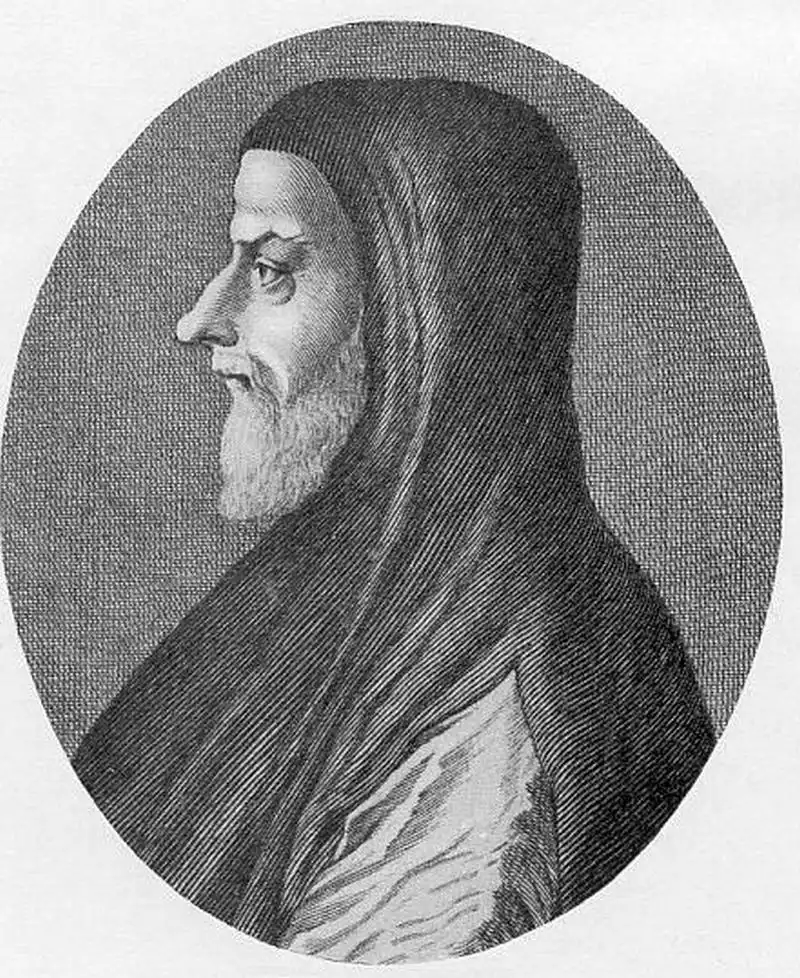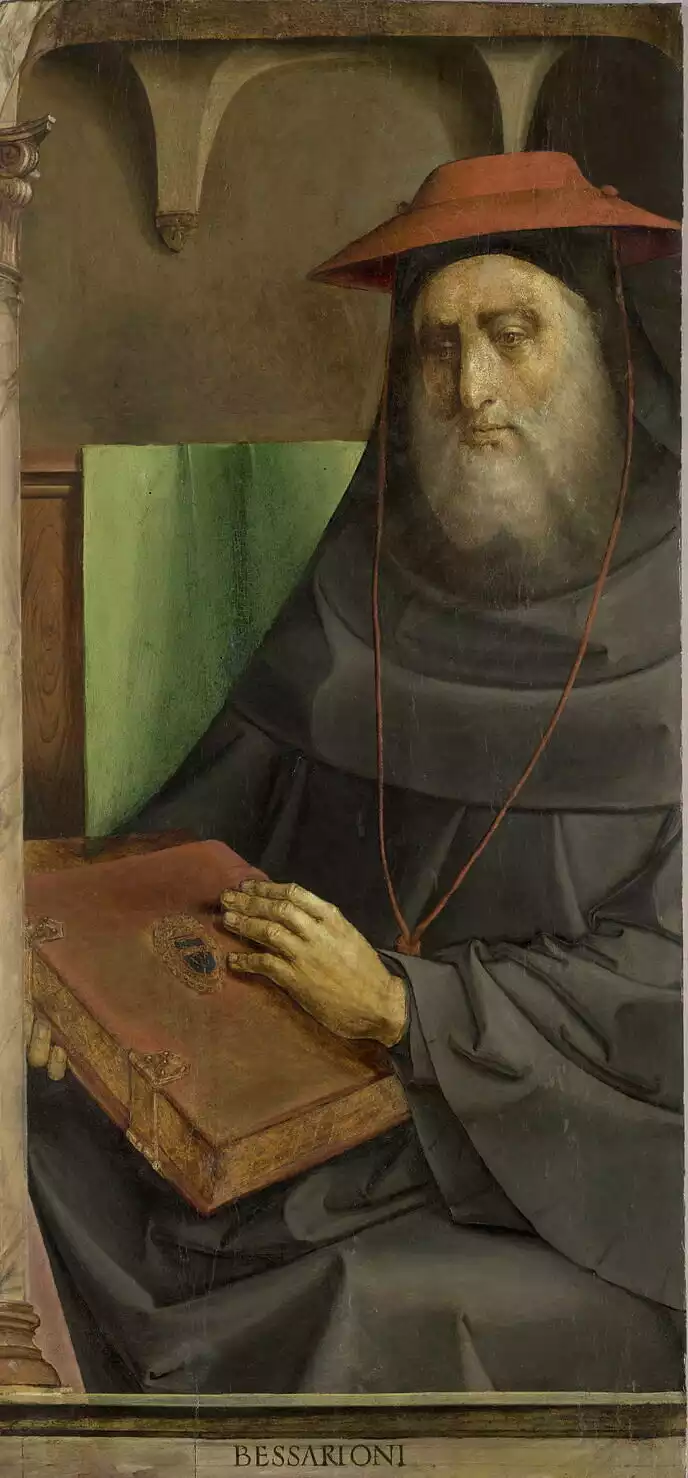
Born in 1403 and passing away in 1472, Cardinal Bessarion stands as a towering figure in the history of the Renaissance. Not merely a religious leader, Bessarion was a pivotal scholar and a bridge between the Eastern and Western Christian traditions. His life and work played a significant role in the cultural and intellectual revitalization of his era, making him a subject of enduring interest and study.
The Early Years and Ecclesiastical Rise of Bessarion
Cardinal Bessarion’s journey began in Trebizond, in the Byzantine Empire, where he was born in the early 15th century. His early years were marked by a profound dedication to learning and spiritual development. Displaying an exceptional intellect, Bessarion immersed himself in the study of theology, philosophy, and the classical languages, laying the foundation for his future contributions to the Church and the scholarly world.
Bessarion’s ecclesiastical career witnessed a rapid ascent, marked by his ordination as a bishop and later elevation to the rank of cardinal. His rise in the ecclesiastical hierarchy was not only a testament to his religious devotion but also to his intellectual prowess and diplomatic skills. In a period marked by significant religious and political upheaval, Bessarion’s abilities shone brightly, earning him respect and admiration from contemporaries.
His appointment as a cardinal brought Bessarion into the heart of the Roman Catholic Church, where he became an influential figure. Despite his Eastern Orthodox roots, Bessarion embraced his role within the Catholic Church, becoming a symbol of unity between the Eastern and Western Christian traditions. His efforts to bridge the gap between these two branches of Christianity were emblematic of his broader vision for a united and harmonious Christian world.
Bessarion’s impact during these early years extended beyond the ecclesiastical realm. He was a passionate advocate for the revival of classical learning, playing a pivotal role in the Renaissance’s intellectual movement. His commitment to scholarship saw him amassing an extensive collection of manuscripts, which later became crucial in the preservation and dissemination of ancient Greek texts.
In this chapter, the early life and rise of Cardinal Bessarion are explored, shedding light on the foundations of his later achievements. His journey from a young scholar in Trebizond to a cardinal in the Roman Catholic Church illustrates his remarkable adaptability and dedication to both his faith and the pursuit of knowledge. This period of his life laid the groundwork for his subsequent influence in the fields of religion, diplomacy, and learning, which would leave an indelible mark on the Renaissance era.
Diplomacy and Legacy in the Renaissance
Cardinal Bessarion’s influence reached its zenith during the tumultuous times of the 15th century. His diplomatic endeavors were crucial in navigating the complex relations between the Eastern Orthodox and Roman Catholic Churches during a period of religious discord. Bessarion’s diplomatic acumen was evident in his efforts to reconcile differences and foster understanding between these two major Christian traditions.
Furthermore, Bessarion was a vocal advocate for the defense of Constantinople during the war. His passionate pleas for unity and support against the besieging forces underscored his commitment to the preservation of Christian heritage and lands. Though his efforts were ultimately unsuccessful, they highlighted his dedication to peace and stability.
Bessarion’s legacy extends beyond his ecclesiastical and diplomatic roles. He was instrumental in the Renaissance’s revival of classical learning, contributing significantly to the rediscovery and preservation of ancient Greek texts. His personal library, rich in manuscripts and scholarly works, became a cornerstone for the diffusion of classical knowledge throughout Europe, influencing scholars for generations.
Cardinal Bessarion’s life and work embody the spirit of the Renaissance. His unique position as a bridge between Eastern and Western Christian traditions, coupled with his profound impact on scholarship and diplomacy, mark him as a figure of significant historical importance. His efforts in fostering understanding between differing religious factions and his contribution to the revival of classical learning are lasting testaments to his vision and intellect.

References
- Gill, Joseph. “Bessarion: Scholar and Statesman.” Harvard University Press, 1988.
- Harris, Jonathan. “The End of Byzantium.” Yale University Press, 2010.
- Kaldellis, Anthony. The Byzantine Republic.” Harvard University Press, 2015.
- Monfasani, John. “Bessarion in the West.” Brill, 2001.
- Nicol, Donald M. “The Last Centuries of Byzantium, 1261-1453.” Cambridge University Press, 1993.
- Open University. “Bessarion’s Contributions to the Renaissance.” Accessed 13 January 2024.
- SearchCulture.gr. “Cultural Heritage and History Resources.” Accessed 13 January 2024.
- Setton, Kenneth M. “The Papacy and the Levant.” American Philosophical Society, 1978.
